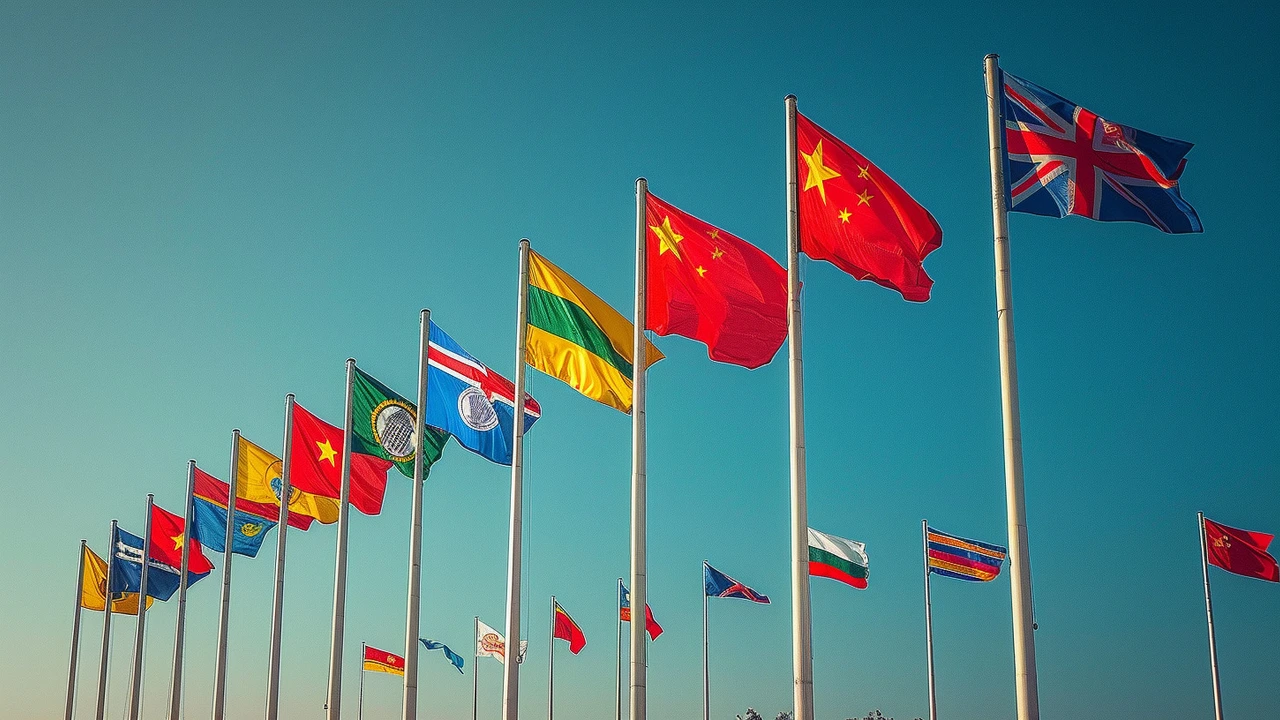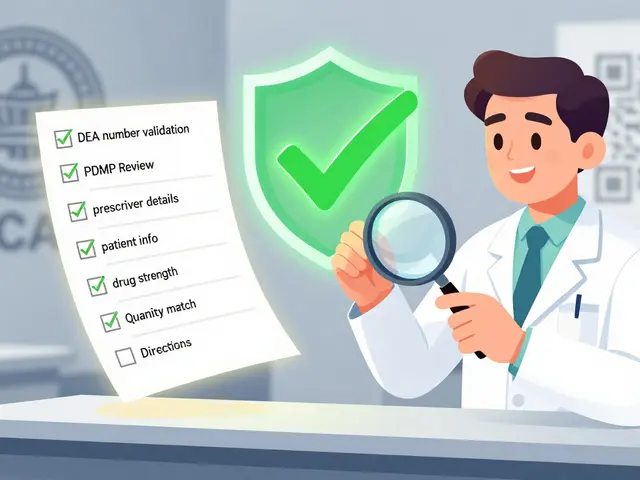Zuellig Pharma Secures Asia Pacific Rights for Cialis and Alimta
Zuellig Pharma recently acquired exclusive manufacturing and distribution rights for two major drugs from Eli Lilly: Cialis and Alimta. The deal aims to boost availability across the Asia Pacific region by using Zuellig's wide distribution network. For patients and clinicians this could mean steadier supply and faster delivery to hospitals, clinics, and pharmacies.
Cialis is a well-known brand used to treat erectile dysfunction, while Alimta (pemetrexed) is a chemotherapy medicine for certain lung cancers and mesothelioma. Both medicines serve very different patient needs, so the transaction spans men's health and oncology supply chains. That mix makes this move notable: it touches everyday outpatient care and complex hospital treatments alike.
What this could change on the ground
First, expect logistics improvements. Zuellig has deep experience handling cold chain and controlled products and strong relationships with hospital procurement teams. That background can reduce stockouts and simplify ordering. Second, regulatory coordination may speed product registrations and local approvals in countries where paperwork was lagging.
The deal can also affect pricing and access programs. With local manufacturing or regional supply hubs, costs sometimes drop and programs for low-income patients become easier to run. That said, pricing and subsidy decisions still depend on national health authorities and insurers in each market.
What clinicians and patients should watch for
Clinicians should monitor supply notices from Zuellig and Lilly to know when product sourcing changes. Hospitals may update tender documents to reflect the new distributor. Patients reliant on Alimta for cancer treatment should check with their oncology team about any changes to scheduling or pharmacy options. For Cialis users, retail availability and pharmacy sourcing may shift gradually as distribution routes change.
Pharmacists will play a key role. They can confirm genuine product supply chains and advise patients on any formulary or brand changes. Community pharmacists often get early signals when distributors change, so they're a practical first stop for patients confused about where to get their medication.
Overall, this is a supply-chain story more than a clinical one: the medicines remain the same, but who makes and moves them in Asia Pacific will change. Keep an eye on official communications from Zuellig Pharma and Lilly for exact launch timelines, market coverage, and any patient support programs attached to the switch.
Procurement teams and hospital pharmacists should start by reviewing existing contracts and expected delivery schedules. Confirm which entity will hold liability, how returns and recalls will be handled, and whether batch tracking systems will change. Check cold-chain logistics, warehousing locations, and expiry management so wards don't face last-minute shortages. Update tender documents and electronic formularies with the new distributor details. Communicate changes clearly to prescribing doctors so they know where to order and which invoices to expect.
Patients should ask their clinic or pharmacy about the switch if they rely on Alimta or Cialis. Don't stop treatment; ask about any short-term supply plans or bridging prescriptions. For oncology patients, confirm infusion schedules and whether drug sourcing affects appointment timing. Look for patient support programs from Zuellig or Lilly if cost is a concern. If you're a caregiver, keep medication records and batch numbers handy during the transition.
Watch official sites and sign up for distributor alerts to receive rollout dates and markets.





